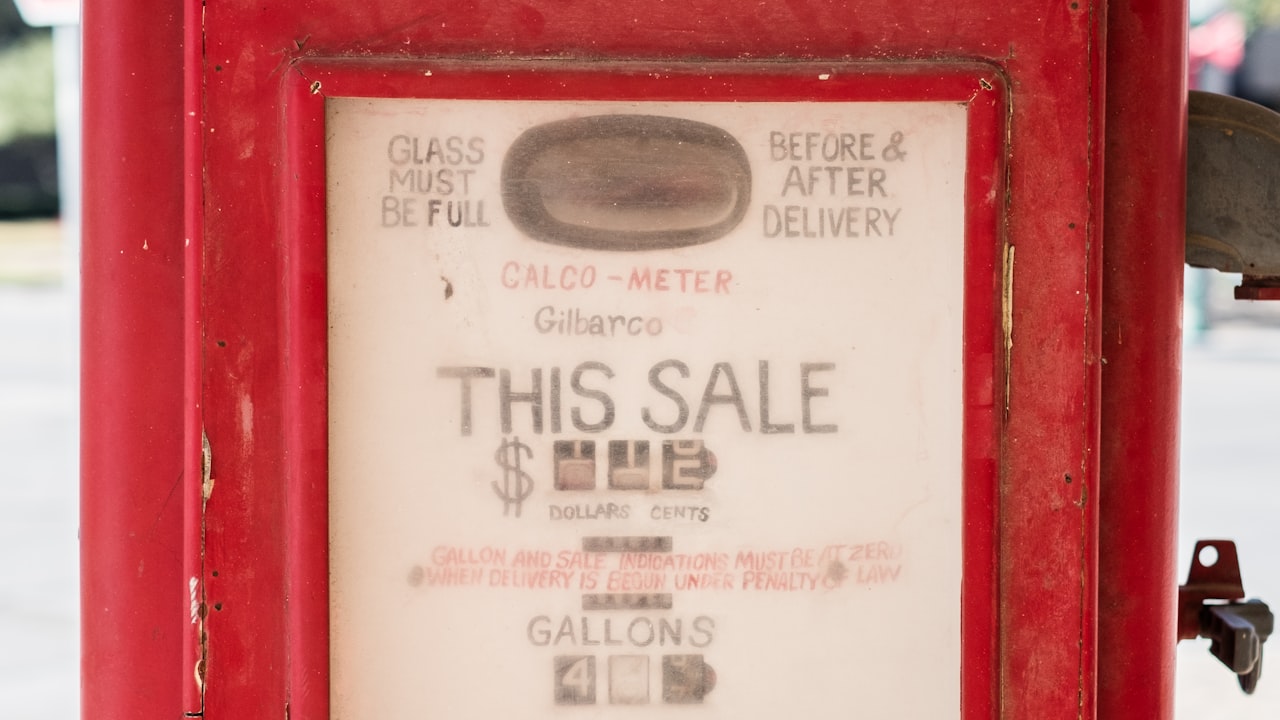Title: The Role of Pharmaceutical Machinery in Medicine Production
Pharmaceutical machinery plays a crucial role in the production of various medicines and pharmaceutical products, ensuring precision, efficiency, and safety in the manufacturing process. Among the essential machines used in pharmaceutical production are tablet press machines and capsule filling machines.
Tablet press machines, such as the TDP (Tablet Press) and THDP (Tooling-based Tablet Press), are key components in the production of tablets. These machines work by compressing powdered materials into solid tablets of precise weights and sizes. The TDP is a popular choice for small to medium-scale production, while the THDP is often preferred for high-speed and high-volume operations. These machines allow pharmaceutical manufacturers to produce tablets with uniform dosages, ensuring consistency in each tablet’s effectiveness.
On the other hand, capsule filling machines play a vital role in filling empty capsules with the correct dosage of active ingredients. These machines are essential for encapsulating powders, granules, or other forms of medications into capsules for convenient oral administration. By using capsule filling machines, pharmaceutical companies can accurately control the dosage of the active ingredients in each capsule, ensuring the effectiveness and safety of the medicine.
The pharmaceutical industry heavily relies on these machines to meet the high quality and safety standards required for medicine production. Precision and accuracy are essential in pharmaceutical manufacturing to ensure that patients receive the right dose of medication every time. Tablet press machines and capsule filling machines help pharmaceutical manufacturers achieve this level of precision, minimizing the risk of dosage errors and ensuring the efficacy of the medicines.
Furthermore, the efficiency of pharmaceutical machinery plays a crucial role in optimizing production processes and minimizing costs. By using advanced tablet press machines and capsule filling machines, manufacturers can increase production output while maintaining the quality of the medicines. This efficiency not only benefits pharmaceutical companies in terms of productivity but also ensures that medicines are produced and delivered to patients in a timely manner.
In conclusion, tablet press machines and capsule filling machines are indispensable in the pharmaceutical industry, enabling the production of safe, effective, and high-quality medicines. The use of TDP, THDP, and other advanced pharmaceutical machinery ensures precision, efficiency, and compliance with regulatory standards, ultimately benefitting patients worldwide. As technology continues to advance, the development of innovative pharmaceutical machinery will further revolutionize medicine production, driving the industry towards improved quality and patient outcomes.

 Title: The Evolution of Pharmaceutical Machinery: Innovations in the Pharma Industry
Title: The Evolution of Pharmaceutical Machinery: Innovations in the Pharma Industry



